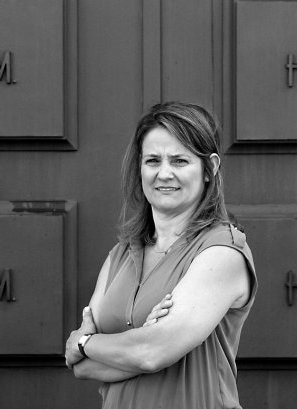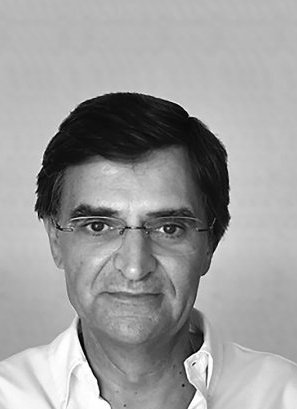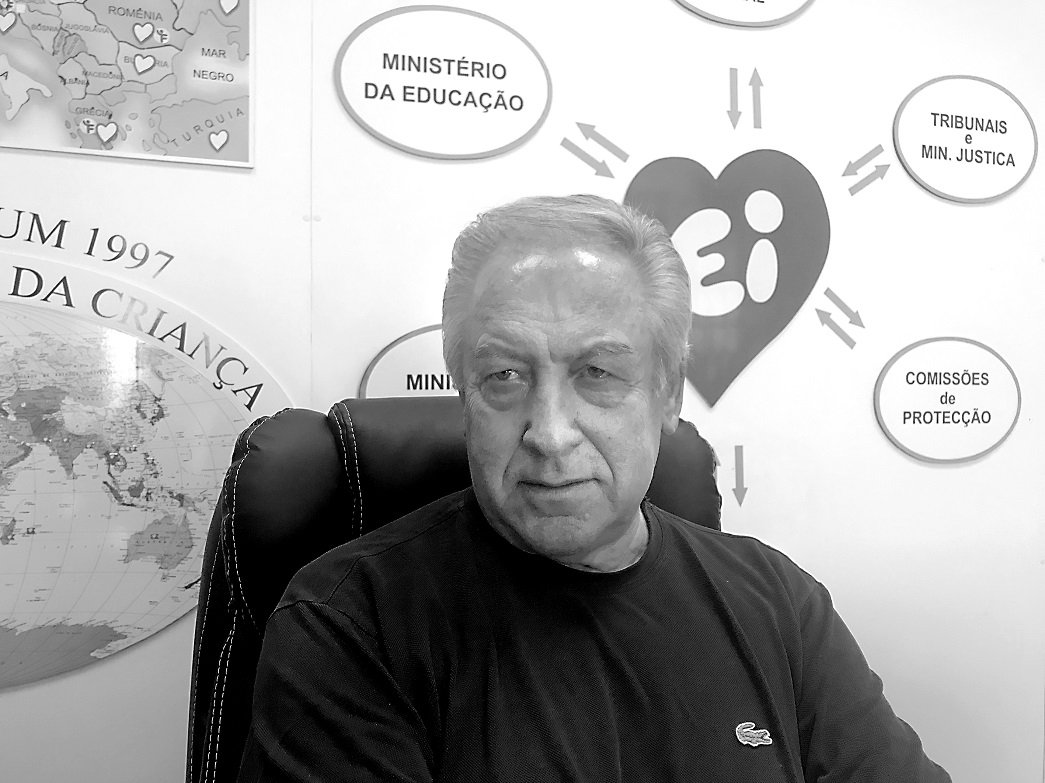
Lurdes Campos

Manuel Monteiro
Luís Villas-Boas
Director of the Refúgio Aboim Ascensão
The protection of children at risk would not be the same without Luís Villas-Boas. A soldier and psychologist by profession, he is the director of the Refúgio Aboim Ascensão, in Faro, where he created the Emergência Infantil, a model adopted nationally and internationally. Because of this he has become one of the most heard voices in this field, and recognition of this work has also come in the form of accolades, awards and positions of the utmost importance. A highly recognised work and, more importantly, with dozens of children saved from difficult situations.

Do the commendations such as the one you received from the President of the Republic in 2015 have an effect on the recognition of the institution you direct and on receiving support?
The Commendation of the Order of Merit obviously has to do with my entire public life as a citizen. I am also honoured, as a Portuguese person, to have received the Princess Diana of Wales Award, in 1998, and to have been elected a member of the NSPCC - National Society for the Prevention of Cruelty to Children, then chaired, in 1992, by Princess Margaret of England.
Has there been real progress in child protection in Portugal in recent decades?
There have indeed been advances in the protection and promotion of children’s rights and new legislation in this regard has entered into force. It can be considered that there has been a reassuring strengthening of the measures that the National Commission for the Promotion of the Rights and Protection of Children and Young People has at its disposal to achieve the most suitable solutions to each case of risk, danger or victimisation. At the same time, there has been a intensifying of prevention measures, in particular in the rehabilitation of dysfunctional families and their parenting skills.
What still has to be done?
To extend and raise awareness of the network of Childcare Services for Children in a Dangerous Situation, seeing the entire childcare placement as ‘temporary’ and the final outcome as one that takes the form, whenever possible, of the return to the biological family. In any circumstance, it is always a court ruling that supports the reunion of the child with its family. Bear in mind that children are not owned by their parents and have their own rights of their citizenship.
«There have indeed been advances in the protection and promotion of children’s rights»
Do moments of economic crisis increase the lack of child protection or is it a more structural problem than that?
The more intense the economic deprivation, the greater the level of risk, danger and victimisation! The experience of decades teaches us this.
In personal terms, how do you cope emotionally with the daily confrontation with difficult situations?
For each child and his or her circumstances, looking for the best kind of intervention, while always seeing their return to their family as the priority, without forgetting that the courts know of more options to the biological family when, as so often happens, it proves not to be up to the role parenting.





